LANDLESS WORKERS’ MOVEMENT - MST
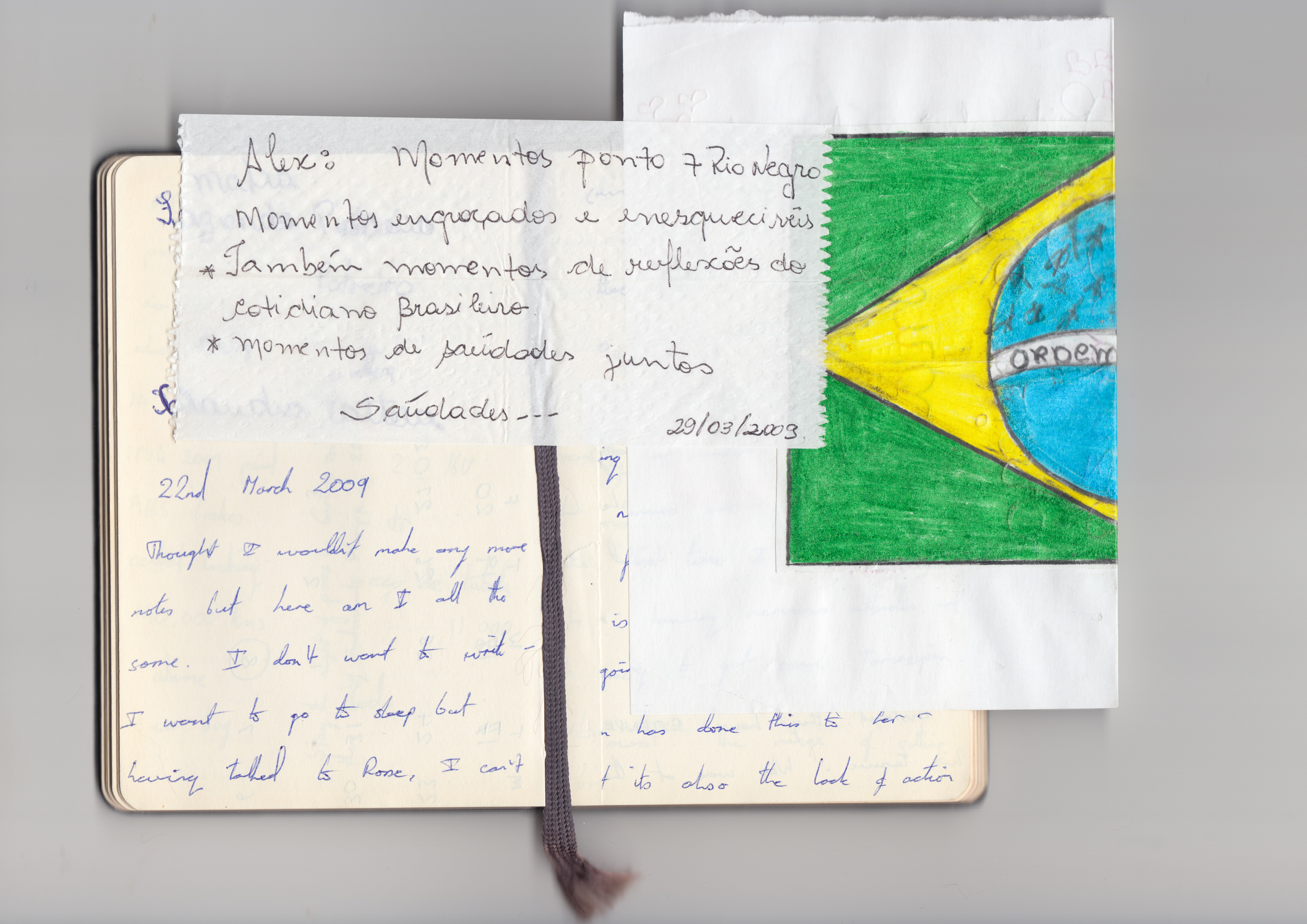
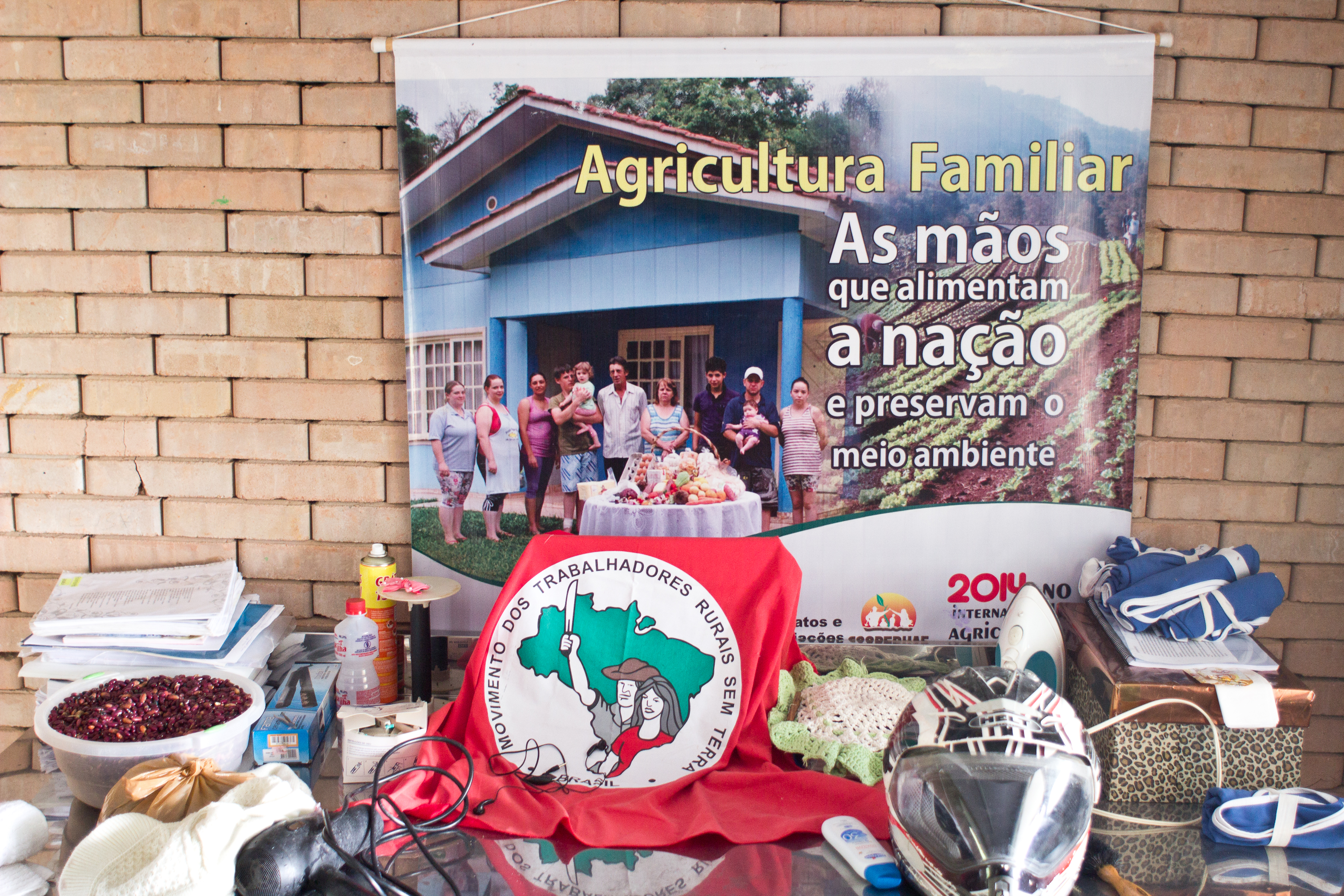
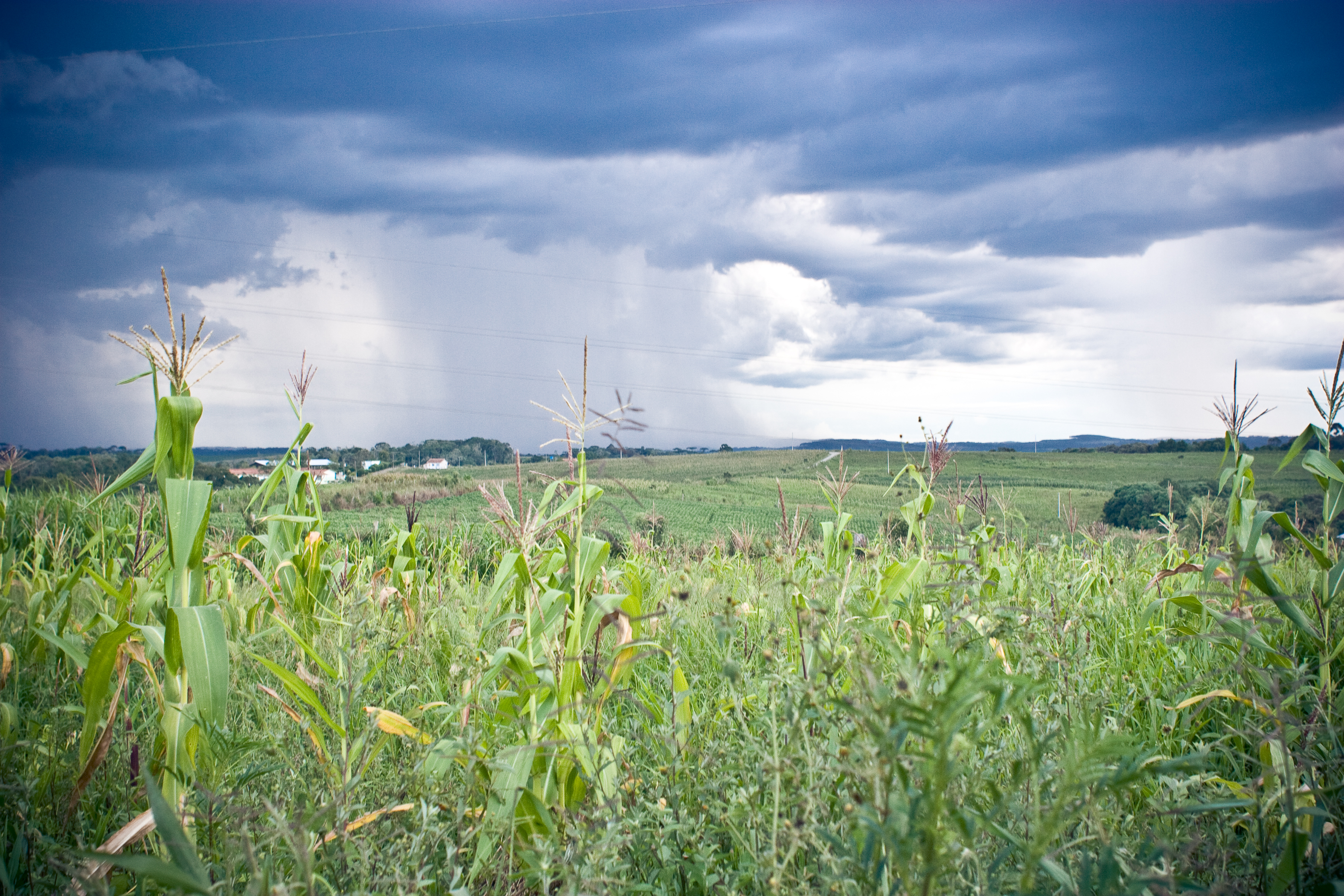
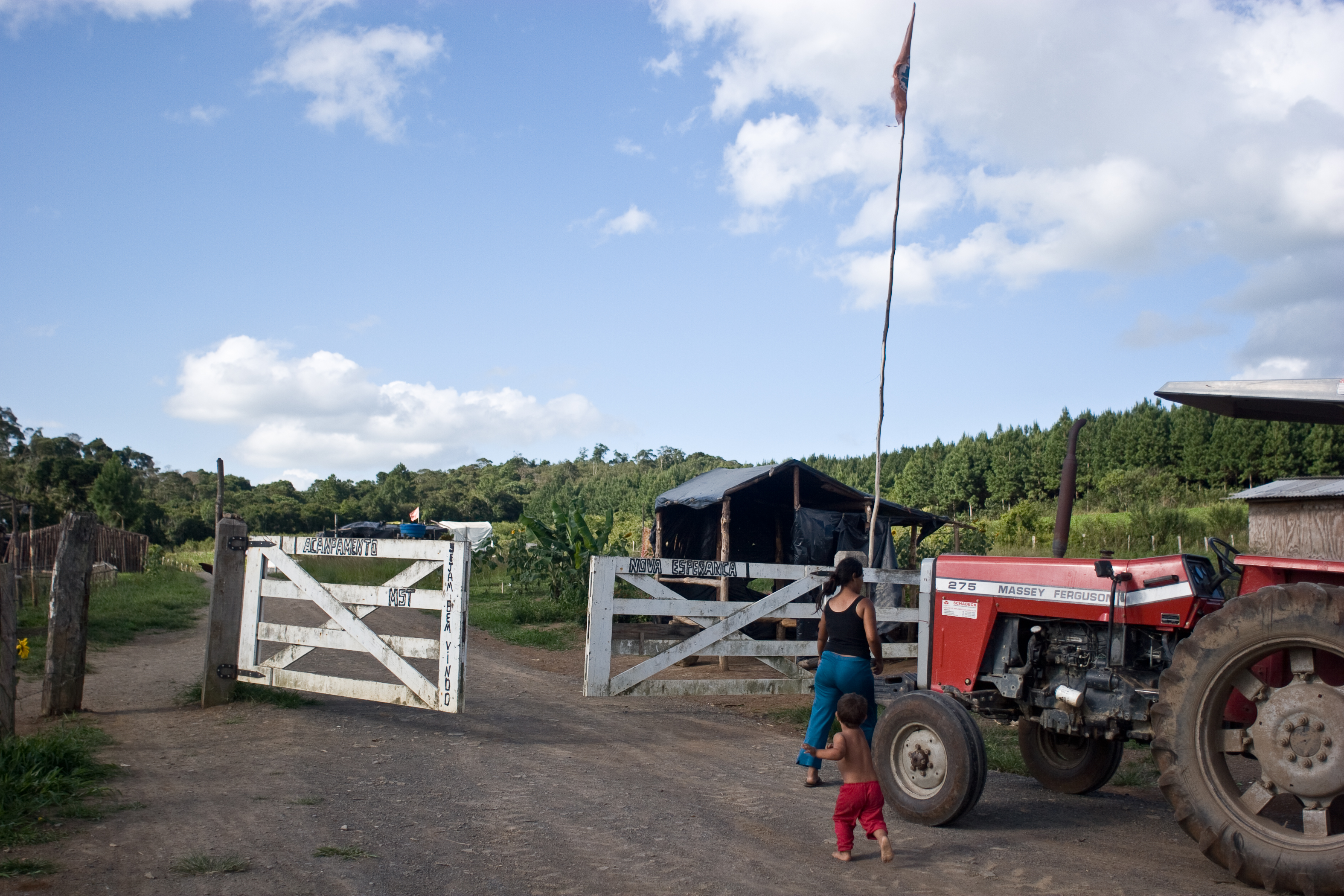
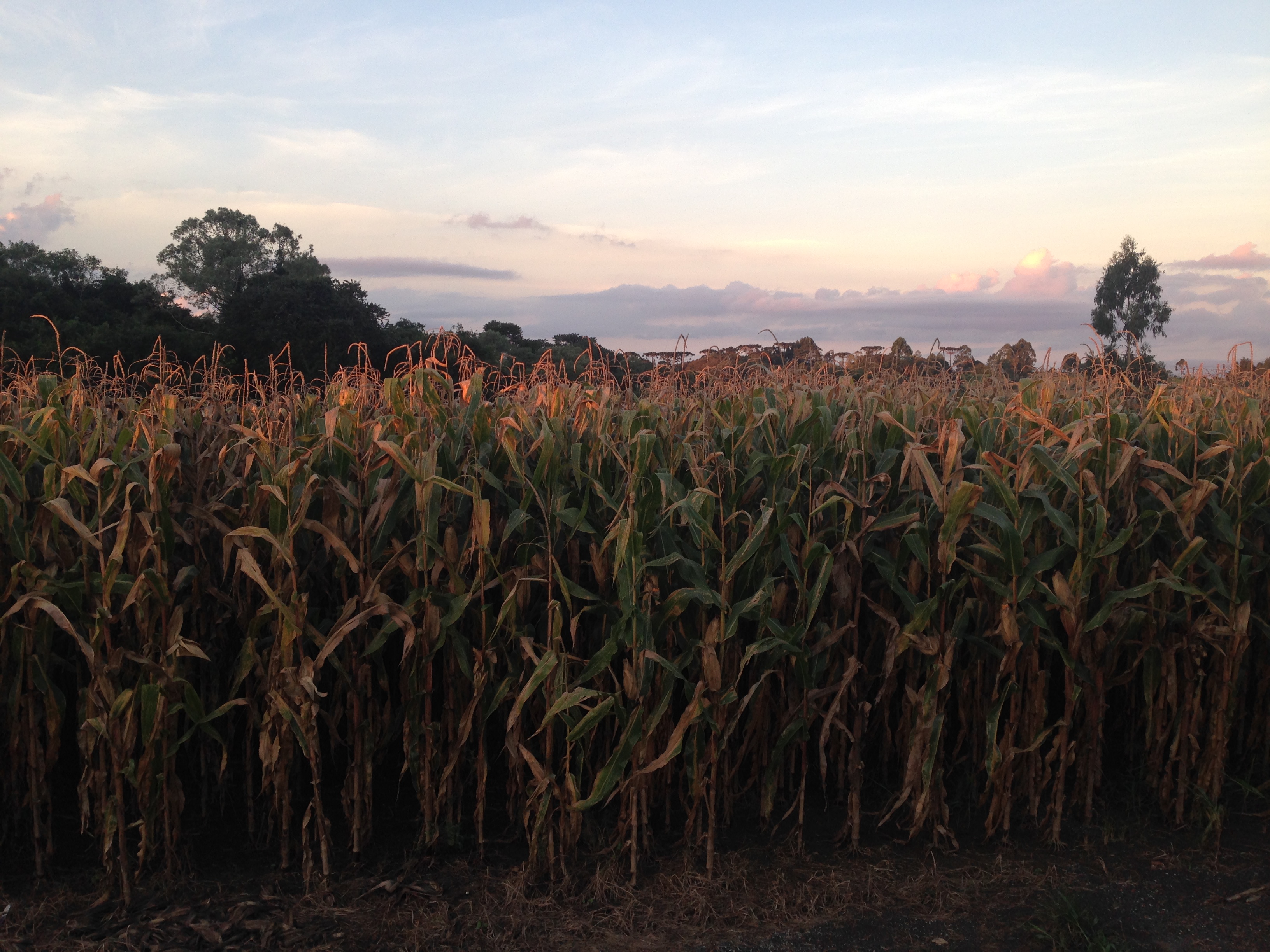
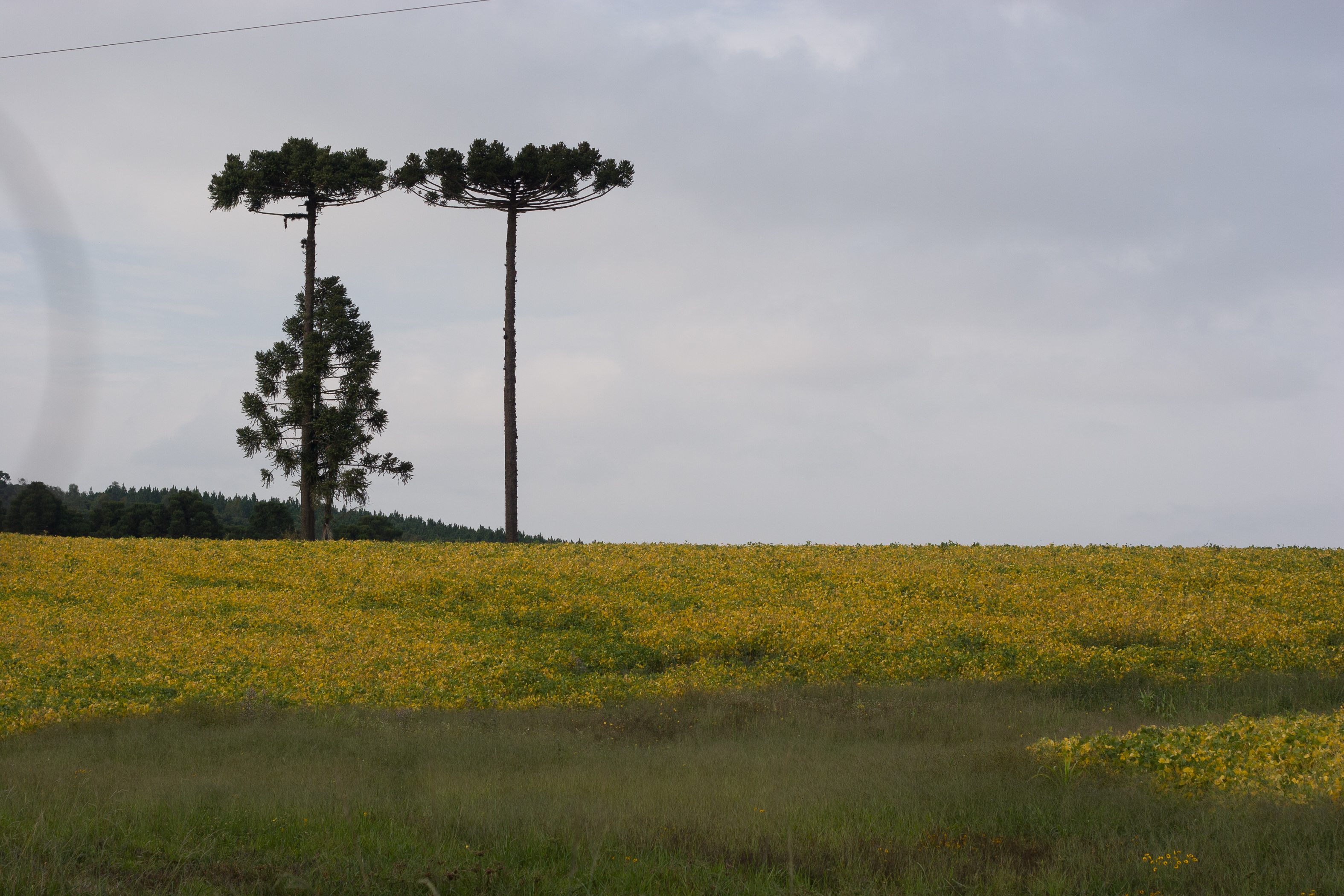
I began research with the Landless Workers’ Movement (MST) of Brazil in April 2007. The MST is a grassroots social movement formed by rural workers that fights for land reform in a country characterised by sharp injustice and social inequality. As part of a colonial legacy, land is concentrated in the hands of the few: 2012 data highlights how 1% of Brazil’s farms hold almost 50% of all available land; it is as if “just 35,083 people possessed an area equal to the combined area of France, Germany, Spain, Switzerland, and Austria” (Almeida and Sánchez 2000: 29). I lived with members of the movement from October 2007 to April 2009 and since then I have continued to visit for periods in 2012, 2015, 2017 and 2021.
Working with the MST, the largest social movement in Latin America, was my doctoral research project, and I have been privileged to be able to accompany changes in the movement through longstanding friendships. From the times of Lula’s government to the present political situation, the movement, its culture sector, and its performative mode of expression, mística, have endured. Since 1984, the movement’s direct action tactics have resulted in 370,000 families settling 7.5 million hectares of land won as a result of movement-organised occupations.
My research, which culminates in the book Pathways to Utopia (Indiana University Press, 2025), explores how, against all odds, the MST has endured for forty years as one of the world’s largest social movements, in part through the productive tensions between established utopian ideals and emerging counter-utopian practices.
Drawing on ethnographic data, I illustrate how members of the MST are engaging in processes of meaning making that call into question how the movement moves between ideal and material worlds. I focus on the land that settlers win and what they do with it, the family structures that they build, and the cultural life of the movement: the performances of mística through which complex temporalities find points of encounter.
Through an analysis of these spheres, my research demonstrates that movement members are elaborating diverse subjectivities through contested processes and, in this manner, regenerating the radical politics of the movement from within. At the heart of Pathways to Utopia is the realisation that activism is not a momentary act but an ongoing, relational practice—one where even the smallest community actions reverberate, reshaping the very structures through which people seek to change the world.
Working with the MST, the largest social movement in Latin America, was my doctoral research project, and I have been privileged to be able to accompany changes in the movement through longstanding friendships. From the times of Lula’s government to the present political situation, the movement, its culture sector, and its performative mode of expression, mística, have endured. Since 1984, the movement’s direct action tactics have resulted in 370,000 families settling 7.5 million hectares of land won as a result of movement-organised occupations.
My research, which culminates in the book Pathways to Utopia (Indiana University Press, 2025), explores how, against all odds, the MST has endured for forty years as one of the world’s largest social movements, in part through the productive tensions between established utopian ideals and emerging counter-utopian practices.
Drawing on ethnographic data, I illustrate how members of the MST are engaging in processes of meaning making that call into question how the movement moves between ideal and material worlds. I focus on the land that settlers win and what they do with it, the family structures that they build, and the cultural life of the movement: the performances of mística through which complex temporalities find points of encounter.
Through an analysis of these spheres, my research demonstrates that movement members are elaborating diverse subjectivities through contested processes and, in this manner, regenerating the radical politics of the movement from within. At the heart of Pathways to Utopia is the realisation that activism is not a momentary act but an ongoing, relational practice—one where even the smallest community actions reverberate, reshaping the very structures through which people seek to change the world.
auflynn [at] arts.ucla.edu
Alex Ungprateeb Flynn is an Associate Professor at the Department of World Arts and Cultures/Dance, University of California, Los Angeles. Working as an anthropologist and curator, Alex’s practice explores the intersection of ethnographic and curatorial modes of enquiry. Researching collaboratively with activists, curators and artists in Brazil since 2007, Alex explores the prefigurative potential of art in community contexts, prompting the theorisation of fields such as the production of knowledge, the pluriversal, and the social and aesthetic dimensions of form.